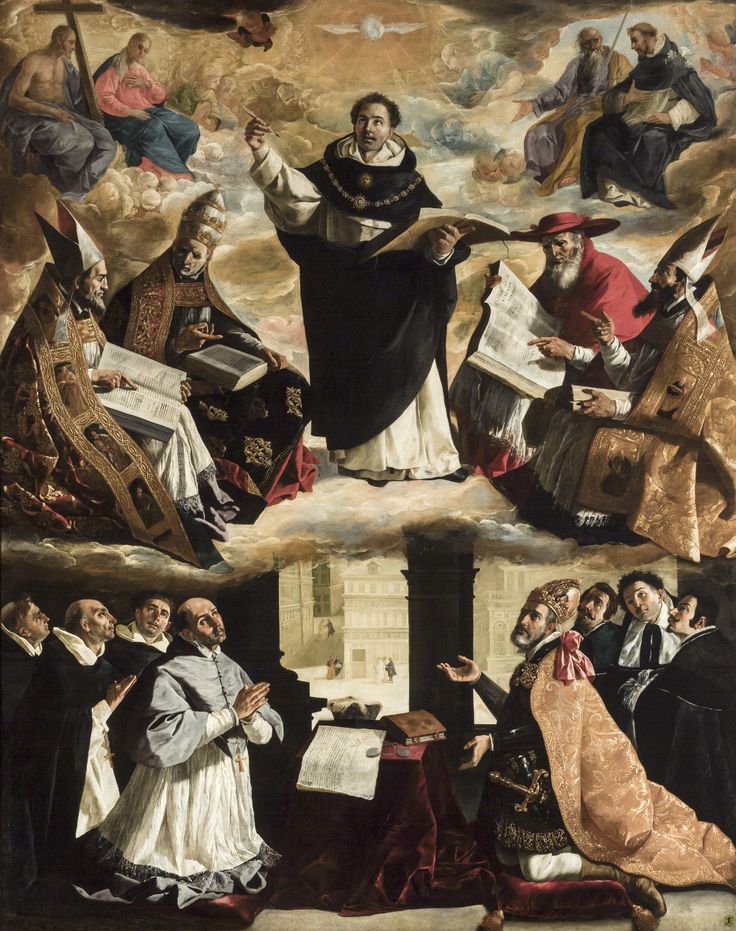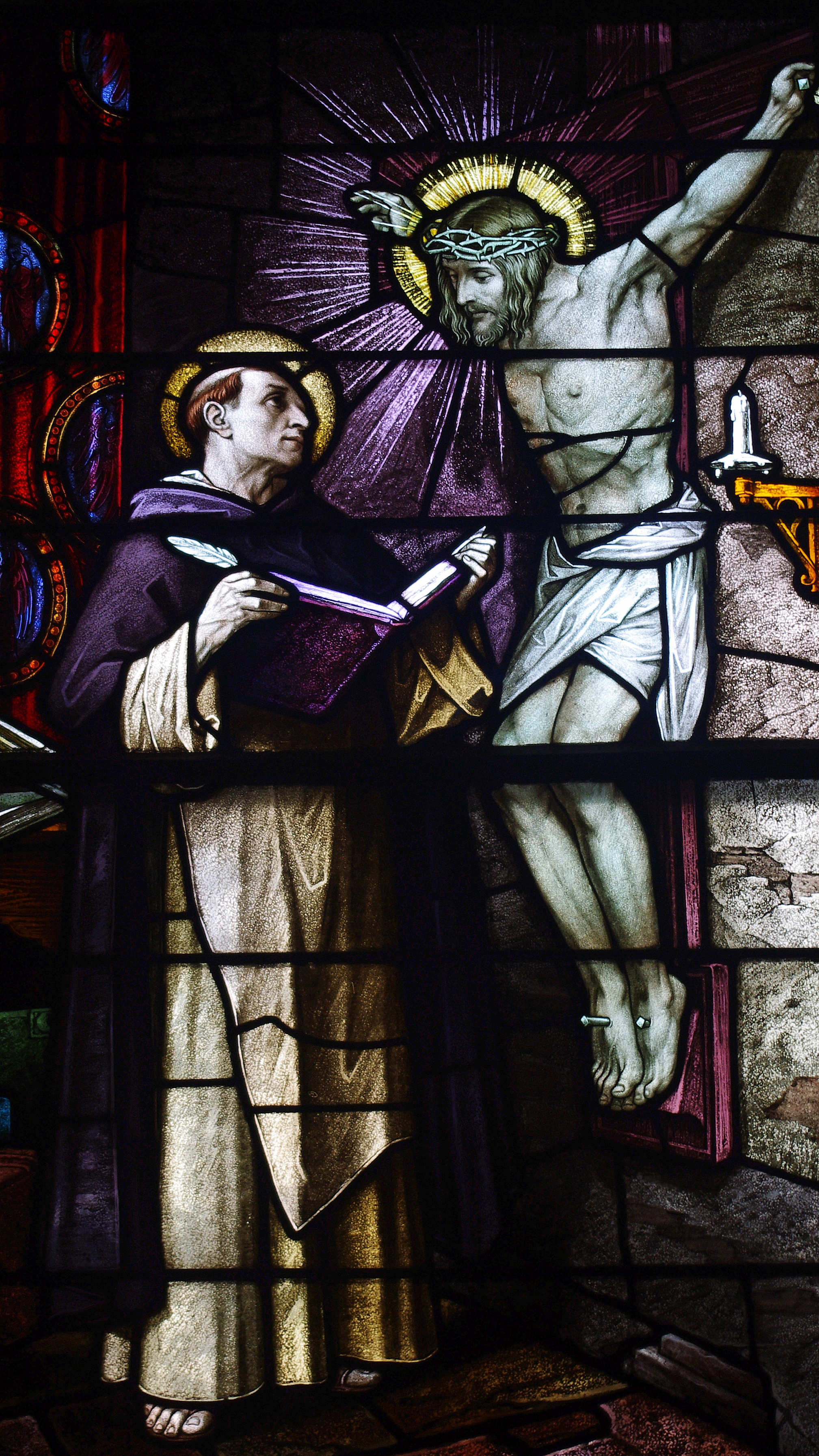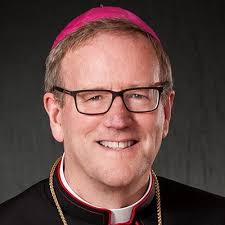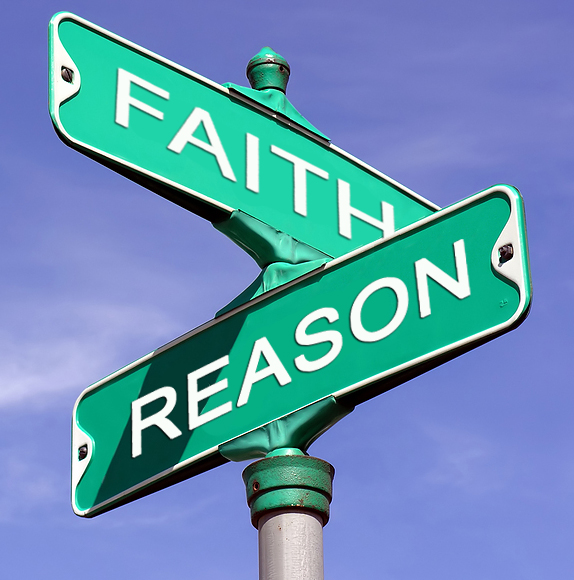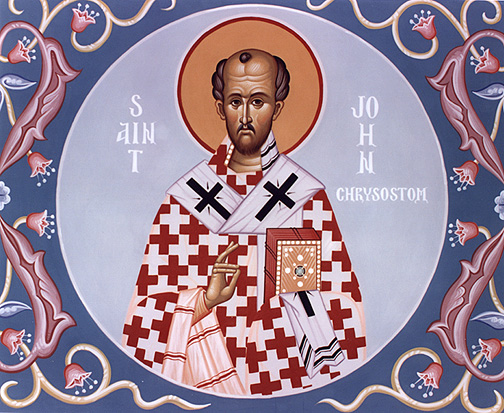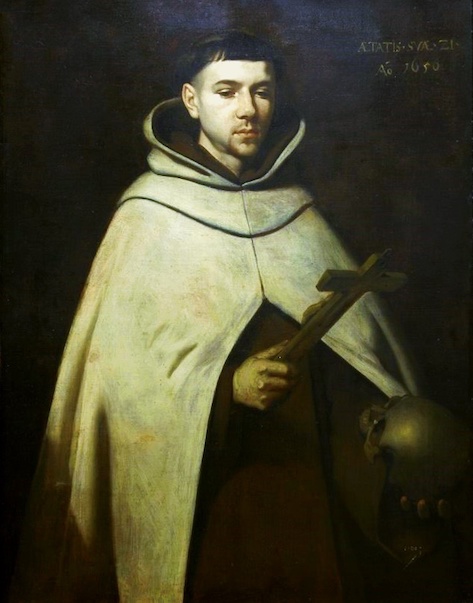
-St. John of the Cross by Francisco de Zurbarán, 1656 [Archdiocesan Museum of Katowice, Poland]
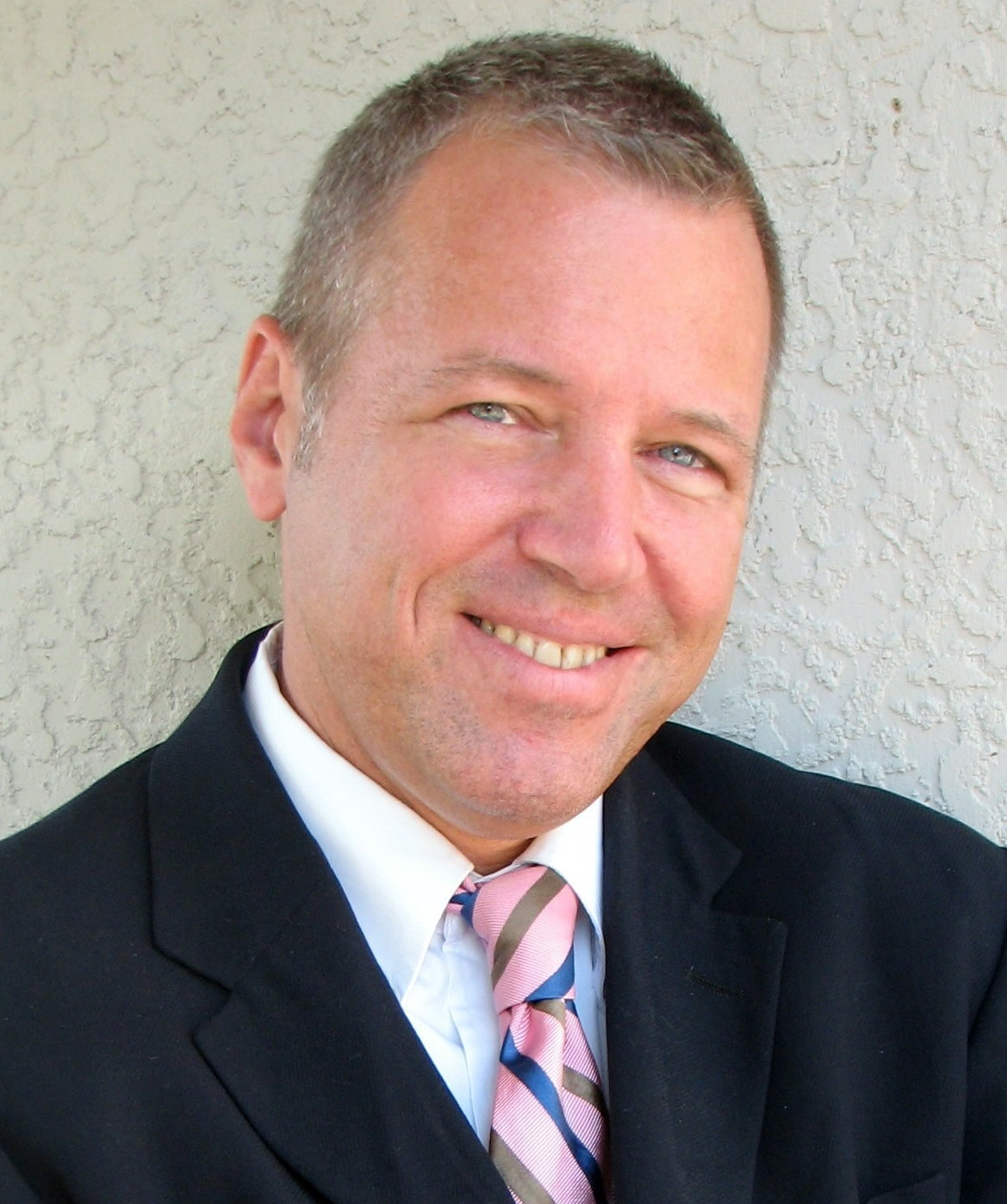
-by Michael Pakaluk
““En una noche oscura”, “On a dark night.” So begins his most famous poem. What is described, and what the great mystic wants to evoke, does not take place during the day, but at night. And not during any night we might know, but a night from the 16th century.
Yes, people have stopped working and are at rest, sleeping. No one is about. And there is no light from the sun, of course. But there are no human lights either. What few candles and lamps people might own have been extinguished. Since the night is dark, we can presume that not even the moon is shining.
But note this difference between our “dark” and the Spanish oscura, literally “obscured.” Darkness is superficial, a kind of color, but being obscured is a deep condition: the Spanish word makes clear that the darkness of the night comes from the covering-over or obscurity of the sun.
Understood spiritually, this could be someone manically surfing on his phone, plopped in front of the TV, or fervently preoccupied with Christmas shopping. Human light, as Pope Benedict said, is often darkened reality. Mary is out of sight; God is obscured; and his soul is in a state of extreme privation.
Con ansias, en amores inflamada – “With disquietude, though inflamed with love.” Some translators give “yearning” for ansias. But that is too positive. It makes things easy. After all, the word is cognate with our “anxiety.” So consider instead the common core of anxiety and yearning: namely, unsettledness, dread, or restlessness. “Our hearts are restless until they rest in Thee.” The genius of the line, and the genius of him who wrote it, St. Augustine, is to see that, metaphysically, restlessness must be linked with love.
If you are paying attention you see that inflamada is feminine, and thus the author is asking us to consider a woman, alone on this dark night, troubled and yet deeply and romantically stirred by love. And, as she is a woman, she loves for having first been loved. Thus, although all is dark, we still can “see” something, namely, we can see her lover “in” the response of this woman, the beloved.
Spiritually, the woman is the human soul, perhaps the soul of that smart-phone addicted man, who sleeps lightly and wakes at 3 AM with that all too-familiar dread. Yet St. John of the Cross wishes to give him a key to interpreting his soul’s condition then. He can see the action of God in his own restlessness.¡Oh dichosa ventura! – “Oh blessed chance!” This may seem a strange line, an unusual interjection, but, as if to assure us that the meaning is well considered, the author repeats it again, in the very same place of the second stanza (as you can see if you read the whole poem).
To get the flavor, consider our expressions, “What a great stroke of luck!” “To my good fortune!” “By a happy fate!” If you frown upon the Saint for invoking luck, consider: the main English word for what all of us desire most of all is “happiness,” which means, literally, the state of enjoying “hap” or luck. (What “happens” is what accidentally turns out so.)
You can call it grace, if you look at the big picture, of God above looking down at the restless man below, and bestowing gifts according to His Eternal Will. Then there is nothing “lucky” about it, no aspect of “hap.” But from the point of view of the restless man, what comes next seems like the sheerest good luck. It is entirely incidental to his own powers, ideas, and limits. He would not in a million years have blundered upon it himself. Spiritually, the soul is always “surprised by joy,” as another great spiritual guide once put it.
Salí sin ser notada – “I went forth without being noticed.” The sheerest luck is that the soul goes forth. In the dark night, when all is dead, it rises and leaves. But then notice that immediately a task is presented to the soul: it is unnoticed and must want to remain unnoticed. Vanity, preening, recognition, human praise – consolation – it must give all of this up. “The Father who sees in secret will reward in secret.”
Spiritually, it is a miracle, on par with the resurrection, if the media-addicted man turns to God in prayer. Yet not if, for a Christian, but when. And when he does pray, he immediately has his work cut out for him, as in prayer he lives life in a different way, which implies no recognition. No one will click on you or “like” you for your prayer.
But yes, the Saint wants us to consider the boldness and adventure of a woman setting out secretly at night to meet her lover, because the mystery on which the soul embarks in prayer is even greater.
Estando ya mi casa sosegada – “while my house most assuredly was at rest.” This line too gets repeated. It therefore goes with the other line, and if the other line refers to God’s grace, seen from a human point of view, this line must refer to the human contribution, from the point of view of God’s grace.
Spanish casa can mean either the dwelling or the household. Spiritually, to say the dwelling is at rest is to say that the human body plays no part. To say that the household is at rest is to say that the human soul itself is not the origin. Christians and their prayers are born “not of blood, nor of the will of the flesh, nor of the will of man, but of God.” (Jn 1:13, KJV)
At the end of the poem the soul is “lost in oblivion,” and leaves its cares “forgotten among the lilies.” St. John of the Cross, lead us there.”
“Clothe me, O God, with the green garment of hope. A living hope in You gives the soul such ardor, so much courage and longing for the things of eternal life that, by comparison with what it hopes for, all things of the world seem to it to be, as in truth they are, dry, faded, dead, and without value. Give me then, a strong hope, O my God, so that it may strip me of all the vanities of the world, that I may not set my heart upon anything that is in the world, nor hope for anything, but live clad only in the hope of eternal life. Let hope be the helmet of salvation which will protect my head from the wounds of the enemy, and will direct my gaze to heaven allowing me to fix my eyes on You alone, my God. As the eyes of the handmaid are set upon the hands of her mistress, even so are my eyes set upon You, until You take pity on me because of my hope. Grant that I may set my eyes on naught but You, nor be pleased with aught but You alone. Then You will be pleased with me, and I shall be able to say in all truth that I receive from You as much as I hope for” (cf. John of the Cross, Dark Night of the Soul, II, 21,6-8).
Love,
Matthew


